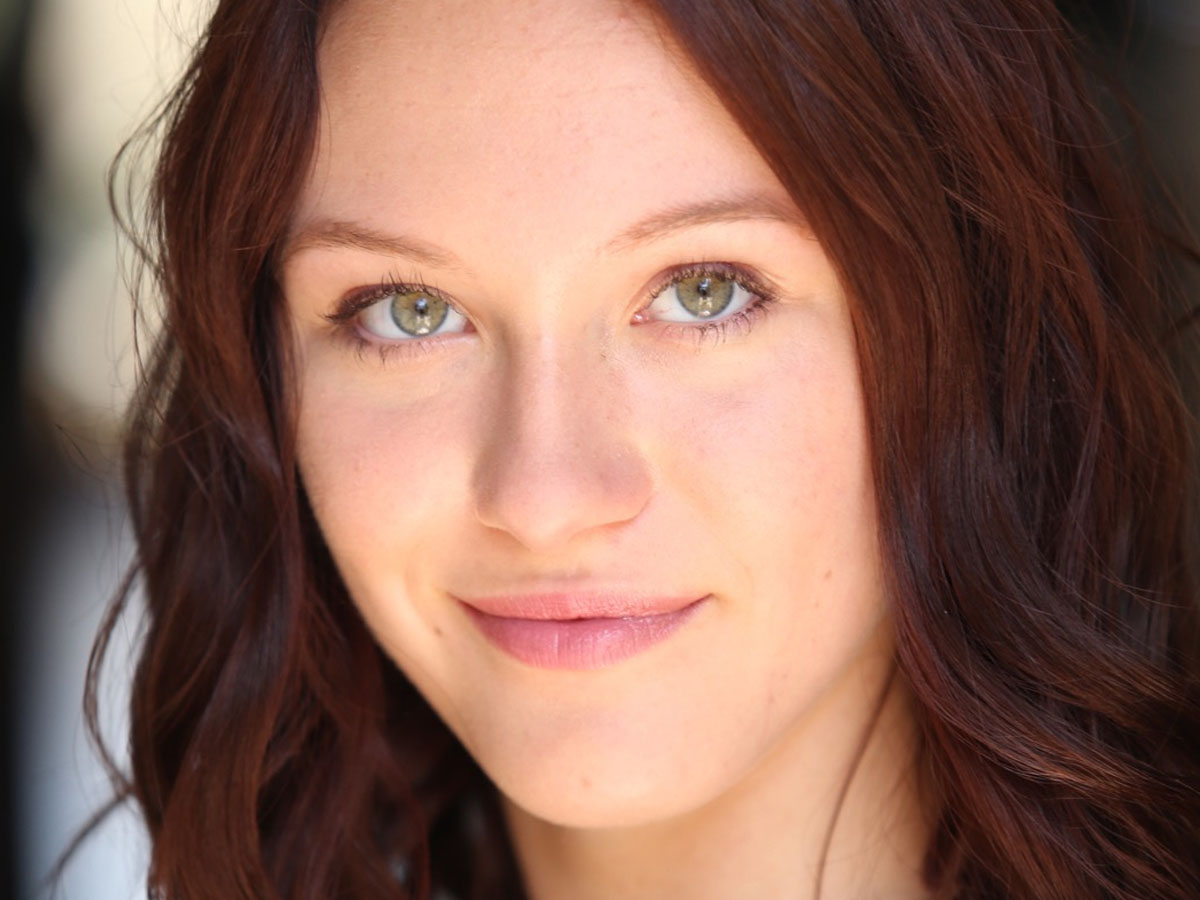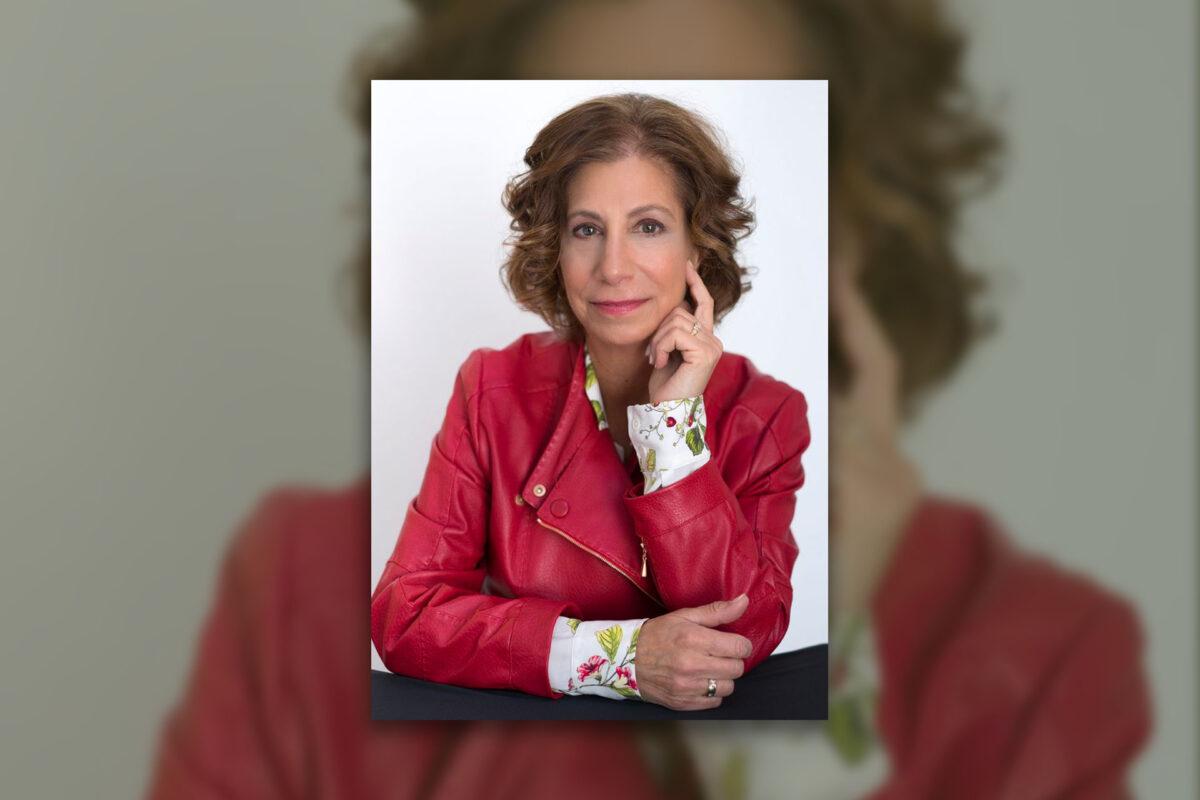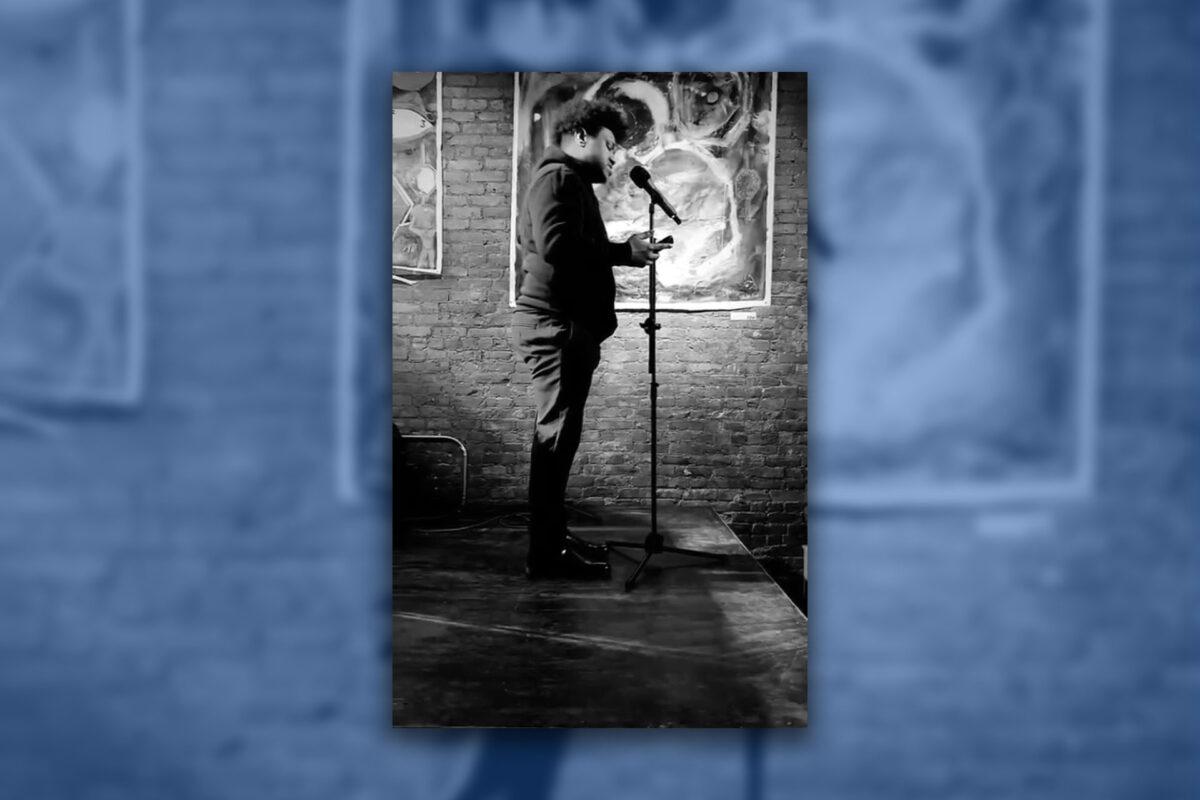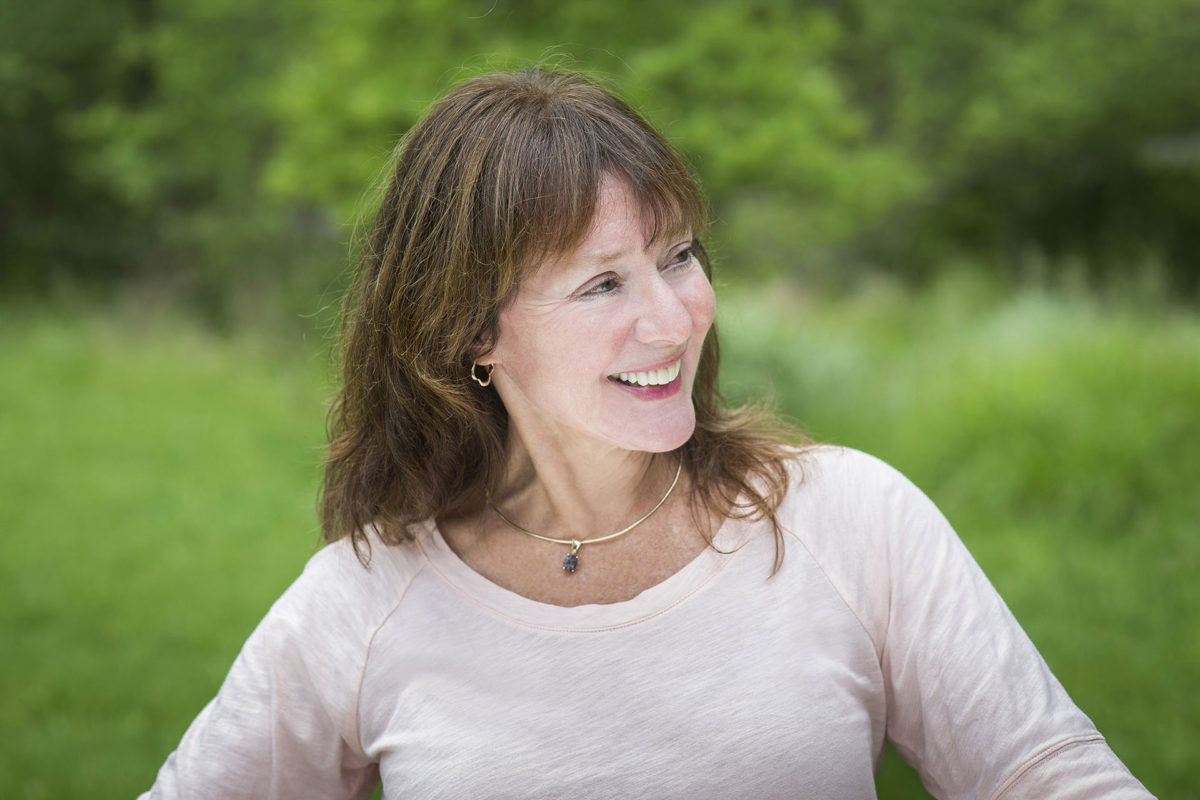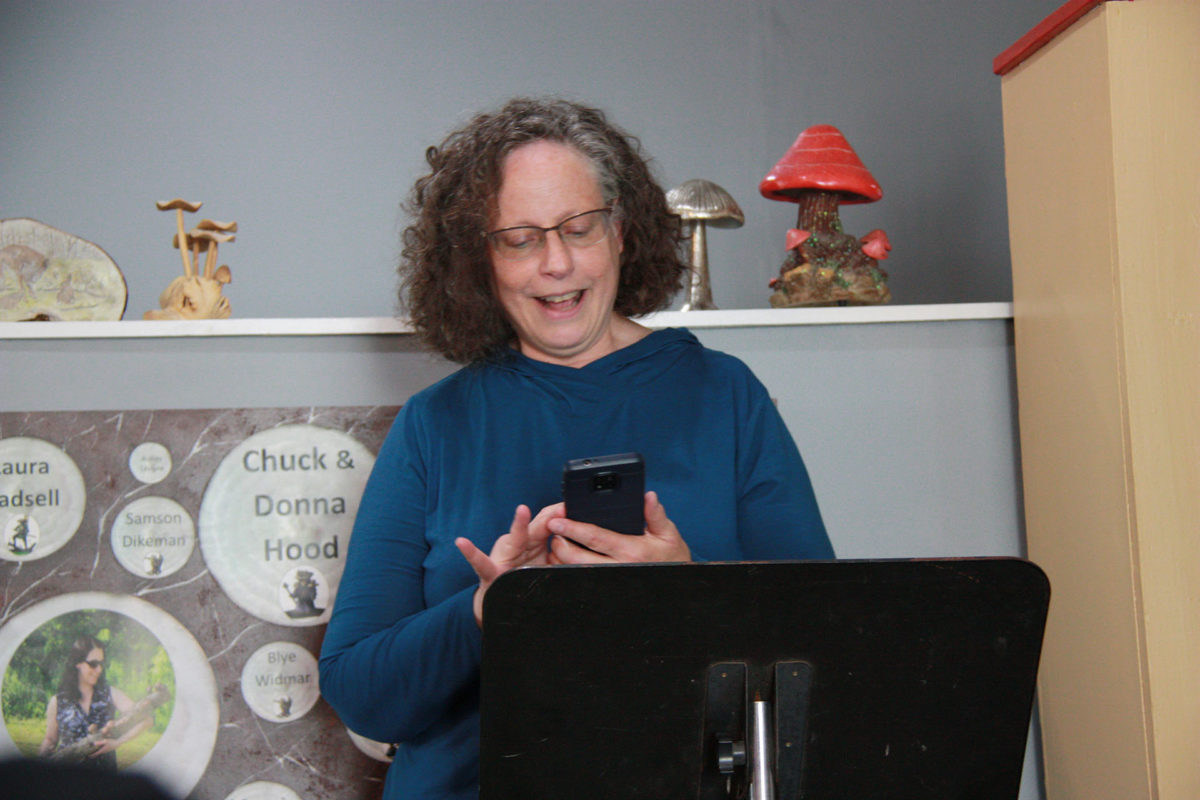“No matter how anxious or insecure you feel about your writing, I promise someone out there will read what you wrote and really connect with it on a personal level.”
Q: A Bouquet of Daisies is your debut collection; can you discuss what the process of finding a publisher and putting the book together was like for you? I need to mention that you are a teenager, so this is quite an accomplishment!
A: Putting my debut collection together took much longer than I had expected but I would not have wanted it any other way. I had time to really sit with the pieces I had written and live with them for a while to see if I thought they were honest enough and reflected me well to be put in the collection. Once I had teased out the final edits and made the cuts on what poems I decided were better out of the collection, I met with my literary agent Laura Rothschild who really was the one who opened the doors of publication for me. She sent my manuscript everywhere. Finally, on October 26 of 2017, she called me to let me know a small female driven press in Vermont named Green Writers Press wanted to publish my work. I was ecstatic. I started crying actually because I was so overwhelmed with joy. Ten months later, my book was published under their name and sent to companies like Amazon, Barnes & Noble, Warwick’s, etc. I was floored because it all felt so surreal. I wish I could do it all over again. Who knows, I might do it all over again for my second collection!
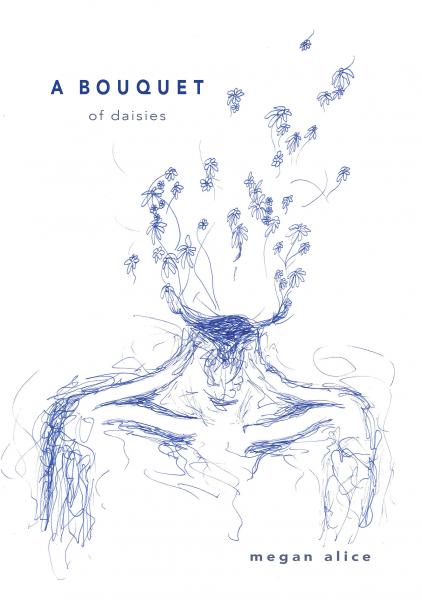 Q: Your work reminds me of Rupi Kaur’s and r.H. Sin’s poetry, who are your influences? Who are you reading? Do you have a writing mentor?
Q: Your work reminds me of Rupi Kaur’s and r.H. Sin’s poetry, who are your influences? Who are you reading? Do you have a writing mentor?
A: Yes, I have often received that note which is so humbling because I am a huge fan of Rupi Kaur and Atticus (another Instagram based poet). However, my influence comes from a large variety of poets. I love reading modern as well as older poets such as Charles Bukowski, Edgar Allen Poe, Rumi, Rupi Kaur, Atticus, Emily Dickinson, Shakespeare, etc. I’m an old soul, so I like mixing my poetry reading with new poets as well as the classics. To me, I love poetry because it is one of the most freeing of the art forms; meaning it does not have to have any rules if that’s what you want. I personally don’t like writing with punctuation or rhyme scheme or anything like that because it gets in the way of what I’m trying to convey. Art should never have rules or expectations. That’s what makes it art. It’s pure self-expression and no one should tell you how to express yourself. On that topic, while I do not have a writing mentor, I am my biggest critic by far. I cannot tell you how many times I read and edited the poems in my collection. I went through them hundreds of times before I had to reach a stopping point and say “okay, I am done.” Which was extremely hard to do because I am a perfectionist. But there comes a certain point when you have to let go and let the art be art.
Q: Many of your pieces touch upon the idea of coming of age. In “Saturday Trespassing” you write, “down the street from the place I should call home,” can you discuss the importance of finding a place of your own as a young adult and also as a writer?
A: Having a place of your own as a teenager is so important. I can’t stress it enough. Especially for me, I need a place where I can think for myself without anyone interrupting or telling me what I should or shouldn’t think or do. I also believe it is very important to learn to be okay with yourself. Sitting all alone for an hour can sound like a scary, uncomfortable thing, but it shouldn’t be. My best work comes from isolation. But that’s just me! I’m sure some people would rather draw inspiration from sitting with their best friends and bouncing off ideas from each other. There is no “right” way to be a writer. I just happen to write my best in isolation.
Q: You tackle mental illness in pieces like “Major Depressive Disorder,” can you discuss the importance of addressing this tough subject in poetry?
A: In my mind, artists have a responsibility to say what is unsaid. Tackling subjects like mental illness can be very difficult (it took me a month to write one of my poems addressing mental illness) but very necessary. If no one else is going to talk about the stigma following depression, and I have a lot to say about the topic, then why wouldn’t I use my voice? Every voice is unique and deserves to be heard. There have been more than enough poems about trees and the ocean, but what about the hard topics that no one likes to talk about? Art is created so that viewers might reflect and think twice about their opinions. Vulnerability is strength and it is needed in this world where everyone is constantly trying to make you feel less than you are.
Q: In “Don’t Be Such a Feminist,” you discuss the multifaceted concept of feminism. How do you define feminism today and what obstacles have you encountered when addressing ideas of feminism?
A: Defining feminism is hard, but I’d say that to me, feminism is the ongoing effort to stop the blatant gender inequality that women face daily on a global scale. I have encountered plenty of guys who have told me they thought feminism meant believing women are better than men, which is totally false. Unfortunately, I think a lot of guys my age think that’s the case and that’s why they are so unwilling to talk about it. On the other hand, girls also don’t want to talk about it with guys because they are afraid they will be shut down. So, I felt the need to write about why and how I think every human being should be a feminist. If boys are treated with respect and aren’t looked at as objects, we (women) deserve the same. Feminism is about equality, not hierarchy.
Q: The image of roses reoccur in your work, can you please discuss this decision?
A: Yes, I made a very deliberate choice to include various rose imagery and metaphors. For centuries, roses have symbolized love or deep passion. The films Beauty and the Beast, The Phantom of the Opera, Sleeping Beauty, and Titanic are only a few of the wide collection of stories that have used the message of a rose to convey a specific romantic feeling to the audience. I also have noticed there has been a new wave of symbolizing perfection in roses because of the way roses are manipulated into looking the way they do for the grocery store versus their natural shape in a garden. It is because of this that I decided to use a rose motif. I wanted to take the universal symbol for love, passion, perfection, and twist it into something a little less glamorous. What do we do when the hallmark flower for love has withered? I ask this in a metaphorical sense, of course. What if everything has an end, everything is fragile, and (mostly) everything is temporary… just like roses.
Q: What projects are you currently working on?
A: Right now, I’m trying to get into college. However, I am always writing and I would love to publish a second collection of poetry sometime in the next two years or less. I’d also like to write a novel. So I have many ideas bouncing around in my head right now, and I am always writing (I try to write one poem a day), but until I am secure about where my future will be in the next four years… I’m taking a breather.
Q: What advice would you give teenagers who are looking to share their work in journals, online or as a collection?
A: I say go for it! No matter how anxious or insecure you feel about your writing, I promise someone out there will read what you wrote and really connect with it on a personal level. There are so many places on the internet for you to share your gifts! Or even just share it with your best friend, sibling, parent, or teacher who you know you can trust. Be as honest, vulnerable, descriptive, and loving to yourself as you can in your writing and then you’ll already be a great poet. Good luck. I believe in you always. Feel free to reach out to me whenever. I will always listen and do my best to respond within a timely manner.
Megan Alice is a seventeen-year-old poet and performer based in Southern California. Writing her own poetry since the age of fourteen, Alice has found the art of stringing words together to be healing for both writer and reader. As a feminist, Alice writes about the injustices she experiences as a woman. She donates a portion of her book proceeds to the Planned Parenthood Federation of America. Alice is currently working on her second book and has several novellas in development. She is always seeking ways to challenge her writing and creativity.
Megan Alice’s debut collection A Bouquet of Daisies is a collection of poetry and prose exploring the heartbreak and healing found in relationships of all kinds. Centered around the theme of human connection, she additionally touches on the battle against mental illness, the stigma that follows the diagnosis, emotional abuse, sexual assault, and misogyny. Alice puts the spotlight on dark topics to bring forth an awareness around pain rather than shy away from it. A Bouquet of Daisies concludes with reassuring messages of plucking the dark moments out of your past to bask in your future and inner power.
